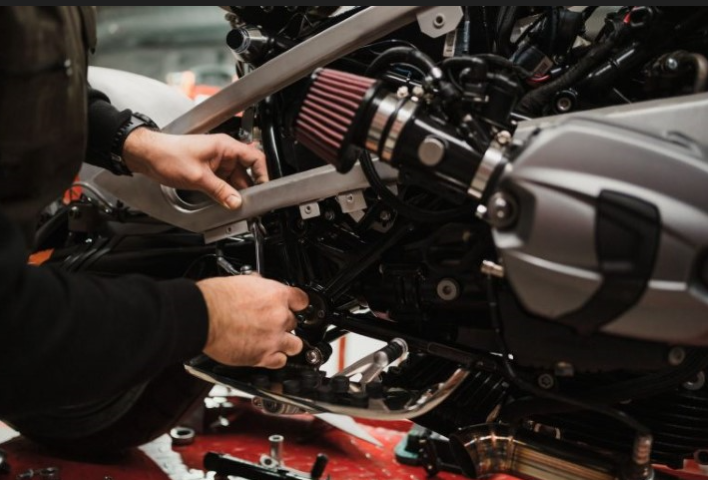 In a legal sense, liability means the obligation or responsibility for another person’s damages. If a motorcyclist has been involved in an accident, the manufacturer or mechanic of the motorcycle is typically not responsible for injuries sustained by the rider. However, just because a manufacturer or mechanic is not liable per se does not mean they will not be held liable. If there was gross negligence on the part of this party and the injuries sustained were predictable, they may have a case against them. This article will discuss Can My Mechanic be Liable in case of a motorcycle accident.
In a legal sense, liability means the obligation or responsibility for another person’s damages. If a motorcyclist has been involved in an accident, the manufacturer or mechanic of the motorcycle is typically not responsible for injuries sustained by the rider. However, just because a manufacturer or mechanic is not liable per se does not mean they will not be held liable. If there was gross negligence on the part of this party and the injuries sustained were predictable, they may have a case against them. This article will discuss Can My Mechanic be Liable in case of a motorcycle accident.
1. Negligence
A motorcycle accident may be the result of negligence. This is defined as a reckless or negligent act that results in injury or damages to another person. For instance, if a mechanic has stored a large amount of oily rags on an oily motorcycle that causes it to have low suspension and roll over, this may be considered negligence. A motorcyclist must know that the manufacturer, mechanic, and even store employees may be liable for accidents caused by their actions.
2. Faulty Repair
If a motorcycle mechanic has done a poor job repairing a motorcycle, this could also result in an accident. These cases are usually difficult to prove and are many times up to the discretion of the jury. If there was gross negligence on the part of the mechanic, they might be held liable.
3. Informed Consent
Can My Mechanic be Liable for consent? A motorcyclist must know what is wrong with their motorcycle before signing off on any repairs or maintenance. If there was a lack of communication between the motorcyclist and mechanic, a jury might decide that the mechanic is not liable for an accident.
4. Gross Negligence
In many cases, a motorcycle accident may result from gross negligence. This is defined as an intentional tort or an act so recklessly that it causes an injury or damages another person. Gross negligence differs from ordinary negligence in that the offender is aware of what they are doing and is indifferent toward the outcome. Gross negligence involves a high level of risk and recklessness, which ultimately leads to the injury or damages sustained by another person. Judges and juries tend to be very critical of cases that involve gross negligence.
5. Duty of Care
A mechanic may have to perform services with the highest degree of care. However, this does not mean that the mechanic has to do the best job possible. It simply means that they must provide quality services and follow industry standards. For example, suppose an ordinance exists in a motorcyclist’s community that mandates that motorcycles must be placed on racks after repair. In that case, a court may rule that taking precautions is part of this mechanic’s duty.
To handle a motorcycle accident it is important to get help from a motorcycle accident lawyer. They will help you to get the highest possible compensation for your case. The lawyers have experience in the legal field and are specialized in cases that involve motorcycle accidents. They can also help file a police report and handle related matters.










